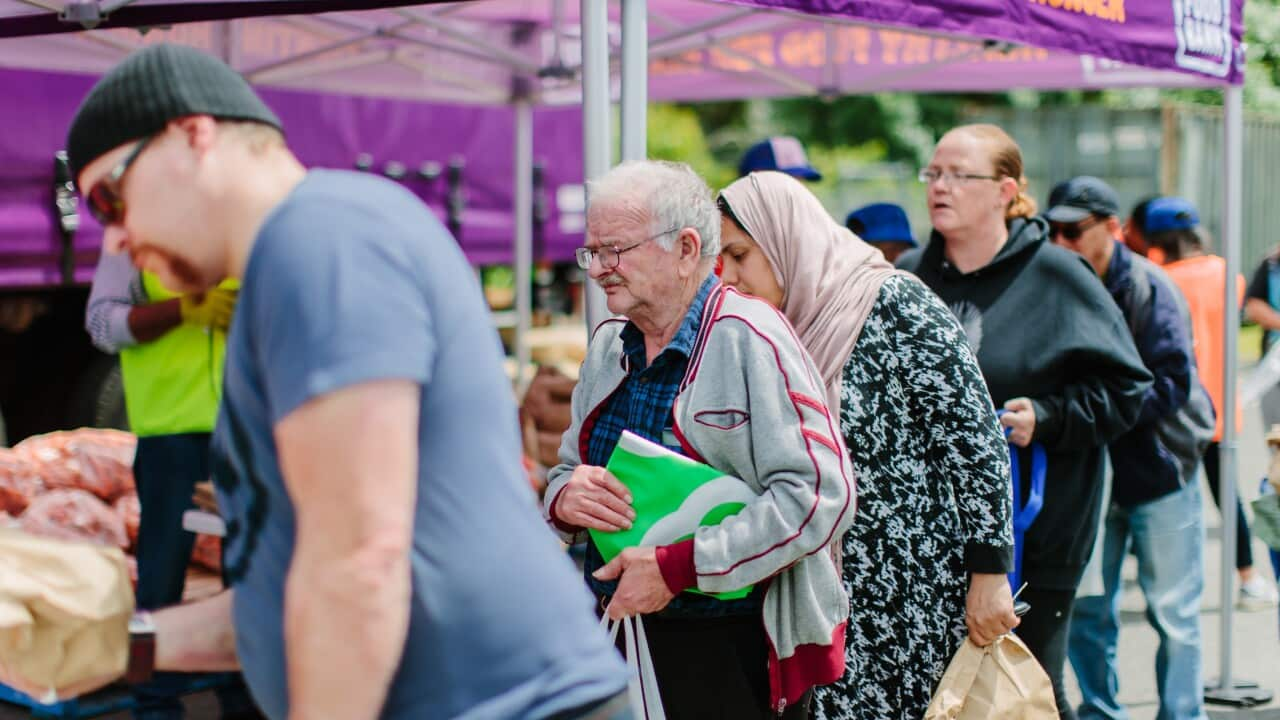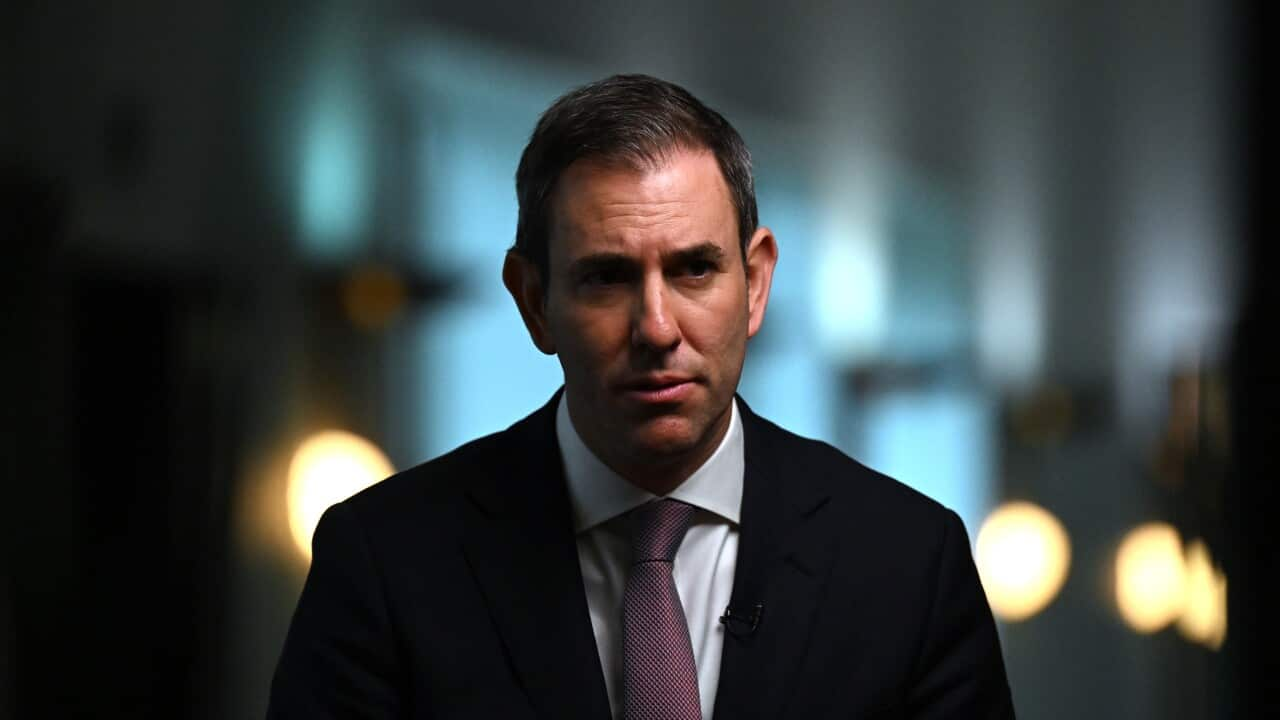Key Points
- One third of Australian households are experiencing food insecurity, according to a new report.
- As the cost of living continues to rise, 23 per cent of respondents said they struggle more now than last year.
Charlotte* first began in 2019, after giving birth to her daughter as a solo parent.
Despite working part-time and receiving government assistance, as the and , she says it is becoming increasingly difficult to pay for day-to-day expenses.
Last week she sacrificed taking lunch to work so her daughter could take lunch to daycare.
"I took a banana and an expired muesli bar that I found in the cupboard, to make sure that the small amount of food we had left was going to my daughter," she said.
"It's really disheartening when I'm actively trying to be successful; I don't want to rely on the government for assistance, I'm studying ... I cannot believe that this is where I'm at.
"I am really struggling for food."
Charlotte is not alone.
According to a new report from Australian hunger relief charity Foodbank, one-third of Australian households are experiencing food insecurity - and they say that number is likely to increase.
What is food insecurity, and how big is the issue?
The term food insecurity covers a range of experiences – from being uncertain about getting enough food and compromising on nutrition, to disrupted eating patterns and reduced food intake.
According to the , on any given day, over half a million households in Australia are struggling to put food on the table.
The report found in the past 12 months, over two million Australian households experienced severe food insecurity, meaning they ran out of food because of financial limitations.
Households with children were more likely to experience severe food insecurity, with 32 per cent reporting that they were severely food insecure compared with the national average of 21 per cent.

Households with children were more likely to experience severe food insecurity than those without, and single-parent families were particularly vulnerable compared with two-parent families. Source: SBS News
Brianna Casey, CEO of Foodbank Australia, told SBS News the leading cause of food insecurity can be attributed to cost-of-living pressures.
"We know that increased food and grocery costs, increased energy costs - be that electricity, gasoline or fuel for a vehicle - as well as increased housing costs are all contributing to that rising cost of living pressure," she said.
"And unfortunately, the situation appears to be getting worse."
According to the report, 23 per cent of Australian households felt they now financially struggle to access food more often compared to last year.
What support is available, and is it enough?
In Australia, support payments including childcare subsidies, age pensions, disability support pensions, carer payments, JobSeeker payments, and Youth Allowance are designed to provide financial support for those in need.
Charities and organisations such as Foodbank, Ozharvest, the Australian Red Cross and The Society of St Vincent de Paul also provide assistance.

The report found in the past 12 months, over two million Australian households experienced severe food insecurity, meaning they ran out of food because of financial limitations. Source: Supplied / Foodbank
"I feel like every few months, I'm getting an email to let me know that my phone bill is increasing ... my most recent electricity bill was $850 just for two people in a small unit," she said.
"I've just fallen into a trap now of using things like Afterpay to buy a grocery gift card that I can use at Woolies, or getting Centrelink advances which then take money out of my fortnightly income."
The new federal budget will be delivered by Treasurer Jim Chalmers on Tuesday. Ms Casey told SBS News she's hoping it will contain an "immediate" injection of assistance for vulnerable people across Australia.
"They cannot wait for assistance, and if we're not going to see an immediate injection of cost of living assistance measures, then we are going to need an immediate injection of funds to Foodbank and other food relief organisations because we will be absolutely run off our feet," she said.
"And unfortunately because of these most recent floods, it's going to be even more difficult and more costly for us to be able to increase the amount of food relief available to people who need it."
Charlotte said she would like to see more assistance through government funding and initiatives, particularly for solo parents.
"We need adequate public housing to support people for that time period where they are struggling to help them get back on their feet, and rent assistance that is more targeted for different areas (and) different circumstances," she said.
"With the (public) housing list, some suburbs are a three to five-year wait, some are a five to 10-year wait ... I don't want to be relying on government assistance for 10 years or 20 years, I really just need help now.
"Also I think the amount we can earn whilst working and keep (benefits) should be raised, and ... just raising all the pensions to meeting the poverty line or above it."
SBS News has contacted the Department of Social Services for comment.
*Not her real name.




